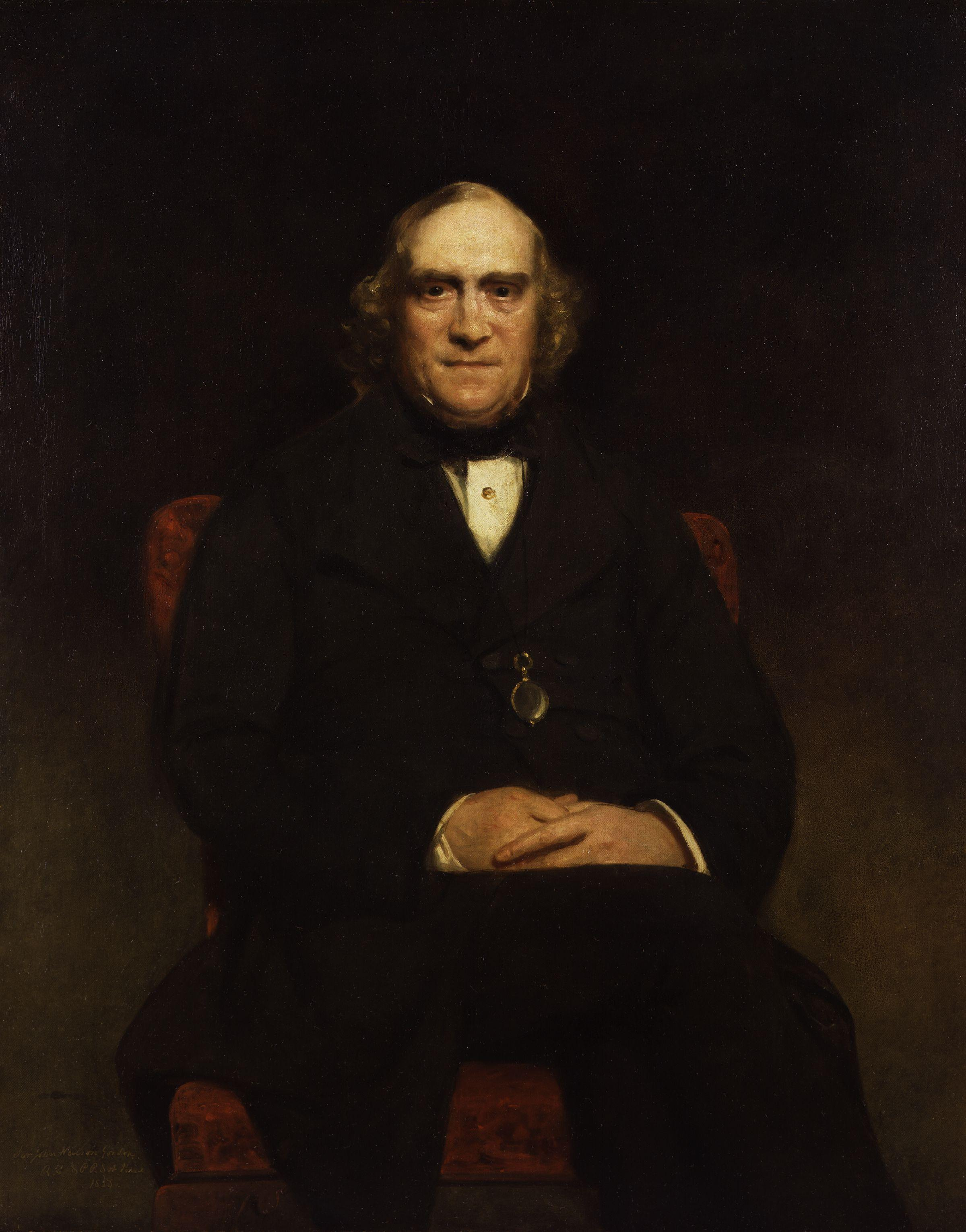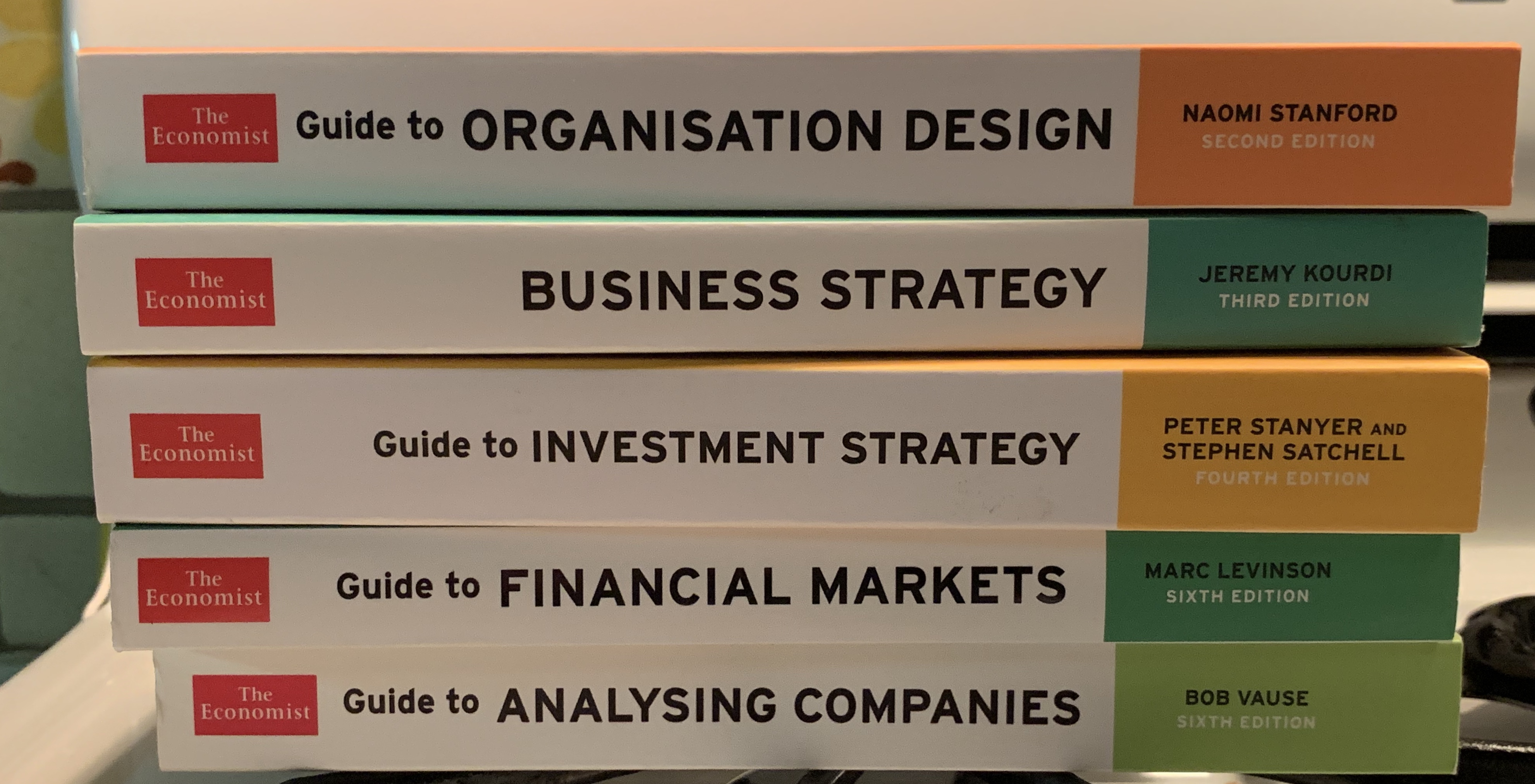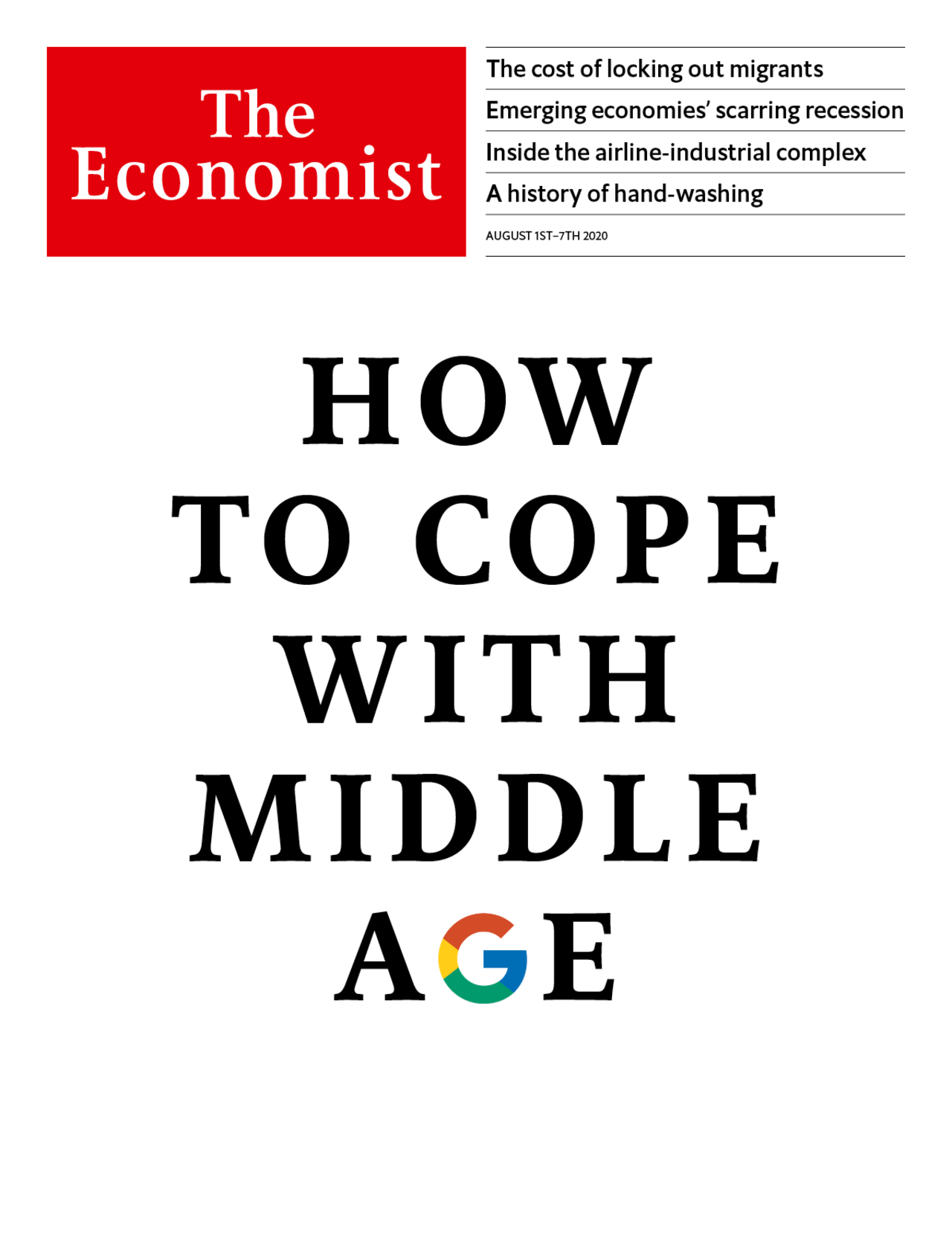Economist Newspaper Limited
Enlarge text Shrink text- Political Britain, 1984:CIP t.p. (The Economist Newspaper Ltd.)
- LC data base, 3/13/84(hdg.: Economist Newspaper Limited)
- Directory of publishing. United Kingdom, Commonwealth and overseas, 1995:p. 1259 (under: The Economist Books Ltd.: parent company: The Economist Newspaper Ltd.; associated & subsidiary companies: The Economist Intelligence Unit; USA: The Economist Newspaper Group, Inc.)
- Business Central Europe, June 1993:cover (The Economist Group) p. 4 (The Economist Group; the Economist Newspaper Ltd.)
- Phone call to the Economist Building, London, 10/3/95(The Economist Group is the all-encompassing, parent body of the Economist Newspaper Ltd. and its subsidiaries)
The Economist is a newspaper published weekly in printed magazine format and daily on digital platforms. It publishes stories on topics that include economics, business, geopolitics, technology and culture, and is mostly written and edited in Britain. Based in London, the newspaper is owned by the Economist Group, with its core editorial offices in the United States, as well as across major cities in continental Europe, Asia, and the Middle East. The newspaper has a prominent focus on data journalism and interpretive analysis over original reporting, to both criticism and acclaim. Founded in 1843, The Economist was first circulated by Scottish economist James Wilson to muster support for abolishing the British Corn Laws (1815–1846), a system of import tariffs. Over time, the newspaper's coverage expanded further into political economy and eventually began running articles on current events, finance, commerce, and British politics. Throughout the mid-to-late 20th century, it greatly expanded its layout and format, adding opinion columns, special reports, political cartoons, reader letters, cover stories, art critique, book reviews, and technology features. The paper is recognisable by its fire engine red masthead (nameplate) and illustrated, topical covers. Individual articles are written anonymously, with no byline, in order for the paper to speak as one collective voice. It is supplemented by its sister lifestyle magazine, 1843, and a variety of podcasts, films, and books. It is considered a newspaper of record in the UK. The editorial stance of The Economist primarily revolves around classical, social, and most notably economic liberalism. It has supported radical centrism, favouring policies and governments that maintain centrist politics. The newspaper typically champions economic liberalism, particularly free markets, free trade, free immigration, deregulation, and globalisation. Despite a pronounced editorial stance, it is seen as having little reporting bias, and as exercising rigorous fact-checking and strict copy editing. Its extensive use of word play, high subscription prices, and depth of coverage has linked the paper with a high-income and educated readership, drawing both positive and negative connotations. In line with this, it claims to have an influential readership of prominent business leaders and policy-makers.
Read more on Wikipedia >
 Corporate Body
Corporate Body


.jpg)








